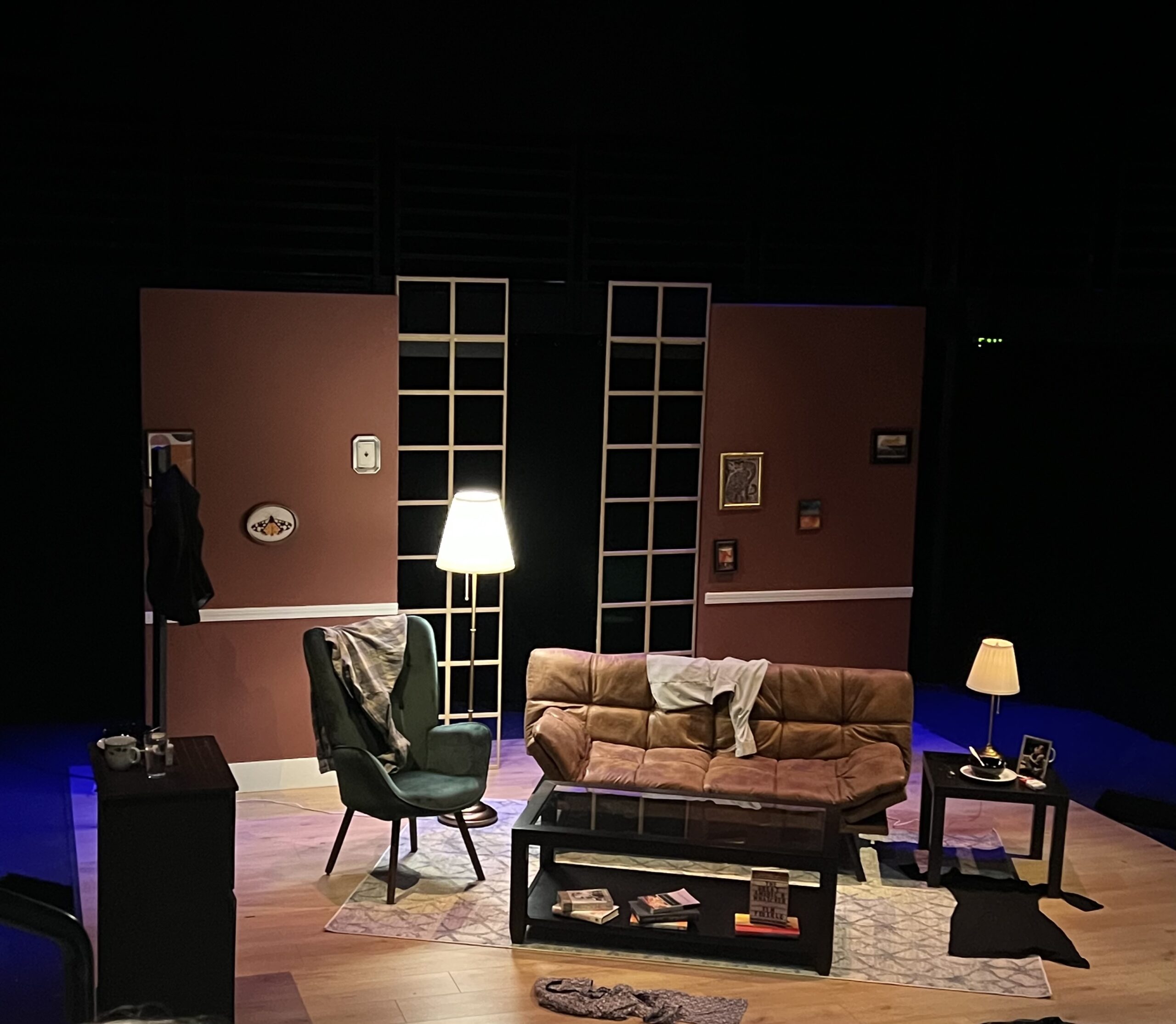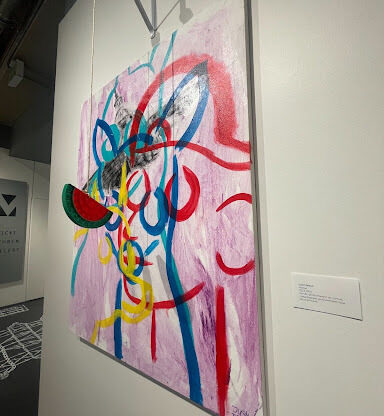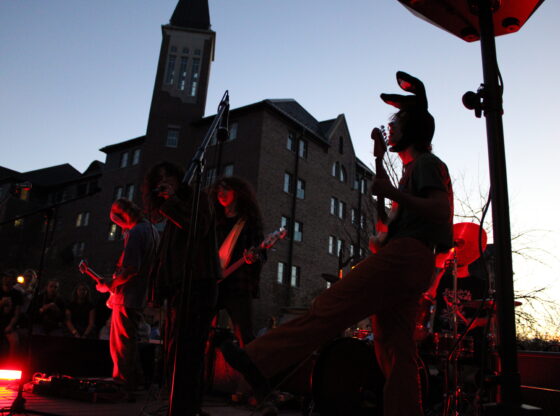Elan and Rajeev Dassani’s “Evil Eye” is a multilayered film that explores the conflict between tradition and modernity. The recently released suspense-driven thriller from Amazon raises questions about the role of family, as well as the impact of perpetual patriarchy in society. Unfortunately, what is a decently interesting premise quickly devolves into a forgettable and mediocre thriller—without many thrills.
The film is the latest release from the Dassani brothers, each with an impressive body of work and awards to their name. “Evil Eye” is one film in a four-part series released by Amazon for the Halloween season. Each film is meant to showcase the work of a diverse group of directors who might not get as much exposure otherwise. This choice embodies something of a social paradigm shift toward including the work of marginalized groups in mainstream entertainment. Each film depicts unique, intercultural experiences, and it was a highlight of the series as a whole.
Without spoiling the “twist” that in many ways defines the film, “Evil Eye” is an examination of mother-daughter relationships and the clash of old and new. Pallavi (Sunita Mani) cultivates a lackluster relationship with her mother, Usha (Sarita Choudhury). Usha fears for her single daughter’s marriage prospects as she gets older, and the traumatic memories of her own past relationship slowly resurface. Initially, Usha is overjoyed to learn that Pallavi has met someone. However, this excitement quickly turns to terror as Usha discovers she has a violent connection to a past she would rather keep hidden. The film builds a mounting sense of dread in the first hour before a somewhat satisfying climax.
Obvious themes include how a patriarchal society perpetuates gender-based violence, as well as the importance of a woman’s independence and confidence when confronting life’s hurdles. The film aims to portray the struggles faced by women in a society complicit in patriarchal oppression. This is admirable, but at the end of the day, good intentions are a poor substitute for good storytelling.
While the subtlety these ideas are conveyed with leaves a bit to be desired, that isn’t the most glaring issue with the film. Simply put, “Evil Eye” is a suspenseful horror movie with neither suspense nor horror. I am confident that you would be hard-pressed to find someone who considers the film scary.
While there are tense moments, the use of messages and phone calls to build dread and fear is more laughable than truly terrifying. I can applaud the efforts of the directors to attempt a horror film primarily shot during the day. However, the film fails to substitute a suspense-driven atmosphere for the “dark and stormy night” that has lent a supporting role to so many classics of the genre.
Tonally, the film maintains a sense of uncertainty throughout. Elements of tradition loom over the film, which gives a powerful sense of the “unknown” and pairs well with the plot’s mysticism. Early on, the audience is reminded of how misplaced the doting mother’s astrological beliefs are in the age of smartphones. This clash of generations pervades the film until its final moments.
Both Elan and Rajeev Dassani are seasoned directors. While “Evil Eye” is a poor reflection of their thematic abilities, the cinematography of the film is well-rendered in gorgeous contrast. Warmer tones are used for the scenes set in Delhi, found in rich colors and fluid cloths and flags. This lends a strong sense of mystique and tradition to the city and protagonist’s family home.
Alternatively, the scenes set in the United States use a variety of cold and muted colors to create a sense of soulless modernity. This aptly reflects the issues the daughter faces abroad. But these worlds do not remain separate forever, as the family’s violent reunion bridges the gap between old and new. This dichotomistic mise-en-scene creates a stark contrast that enriches the film both technically and conceptually.
The performances by Sarita Choudhury and Sunita Mani, portraying the mother and daughter respectively, are one of the best elements of the film. They stir a strong sense of emotion and connection in viewers. Omar Maskati as Sandeep is a bit less impactful, though he manages to remain both unnerving and charming in equal measure (but hardly terrifying).
To give proper credit, the film is produced by Indian directors who aptly and honestly portray Indian culture. I thoroughly enjoyed the inclusion of Indian culture and tradition in the film as a backdrop to the plot. It was refreshing to see the customs of other cultures made a focal point. While this lends a refreshing authenticity to “Evil Eye,” it does little to revitalize a lackluster plot with an even more disappointing execution.
Those who enjoy slow-burn suspense-driven films with a focus on interpersonal relationships and an affinity for Indian culture might enjoy this film. But “Evil Eye” doesn’t truly deliver on any of these fronts. As far as Halloween films go, you could find much better ones to watch than this.
But the film does have its merits. While not especially scary, the movie does have its fair share of tension and mystery that could prove interesting if you don’t ruminate on it for too long. Your time could be better spent enjoying classics of the season, but those might not be your style. It may come up short on scares, but “Evil Eye” has a few truly touching moments.











